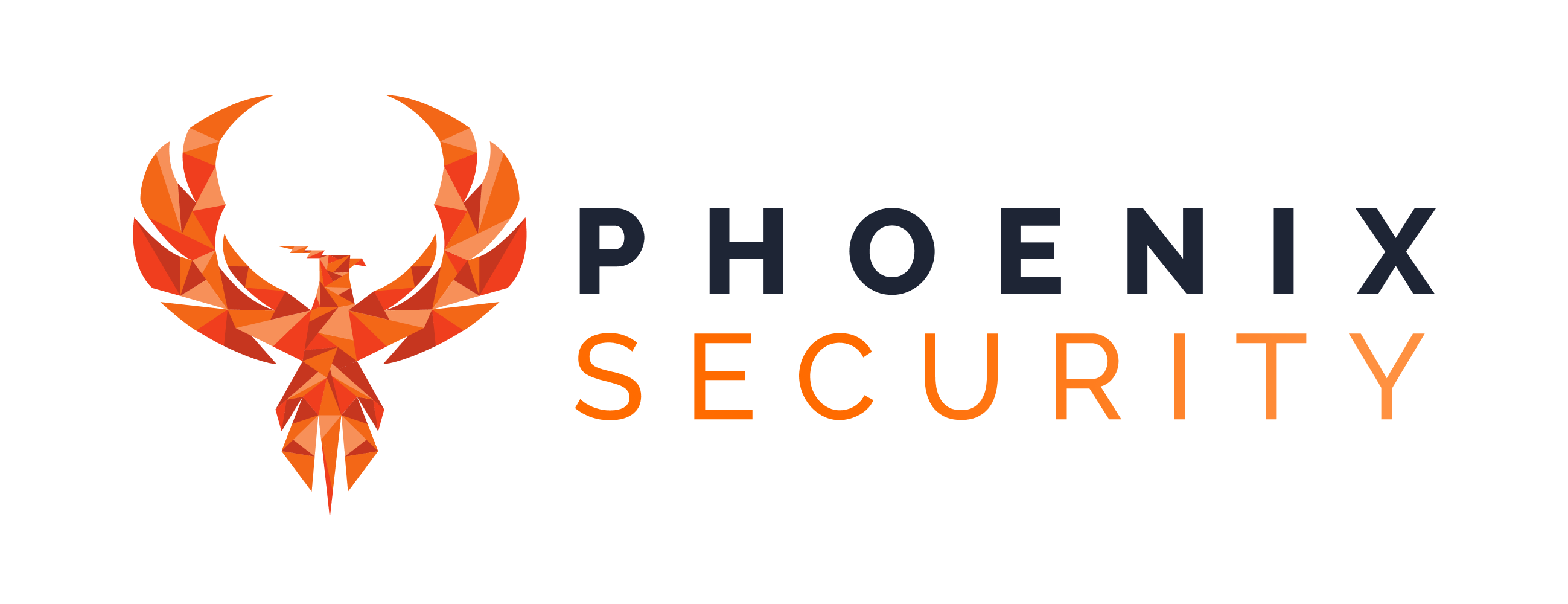
Timeline of DORA Compliance Milestones
The journey towards full DORA (Digital Operational Resilience Act) compliance is marked by critical milestones, especially as we approach the pivotal year of 2024. Financial institutions across the EU are gearing up for a series of implementation phases that will define their operational strategies and risk management frameworks in adherence to DORA’s stringent standards.
Key dates for DORA:
- January 17, 2023: DORA enters into force.
- January 17, 2024: RTS articles such as Article 15, Article 16, and Article 8 come into force.
- July 17, 2024: Additional RTS articles including Article 20, Article 26.16.11, and Article 30.16.5 become effective.
- January 17, 2025: DORA becomes fully effective and enforceable.

















